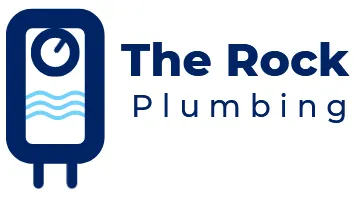Common Water Heater Myths: What You Need to Know in Maumelle
When you own a home in Maumelle, you may encounter a number of myths about water heaters that can be perplexing. In order to clear up any confusion, we have put together a comprehensive guide that debunks common misconceptions. By delving into this guide, you will acquire valuable knowledge and uncover surprising truths about water heaters.

Myth #1: They last forever
Despite what some people may think, water heaters do have a limited lifespan. Although they can last for many years, factors such as how often they are used, how well they are maintained, and their overall quality can impact how long they will last. On average, most water heaters will work well for around 8 to 12 years. It's worth noting that if you don't replace an old unit when it's nearing the end of its lifespan, you may end up having to pay for expensive repairs and potentially dealing with water damage in your home. If your water heater is getting close to its expected lifespan, it's a good idea to start looking into replacement options sooner rather than later to avoid these kinds of issues.


Myth #2: All water heaters are the same
Not all water heaters are the same. They come in different sizes, shapes, colors, and efficiencies. When buying a water heater, it's important to consider your hot water needs, how quickly you want hot water, and potential energy savings. Choosing the right water heater for your needs could save you a lot of money on energy bills. Don't believe the misconception that all water heaters are alike. Instead, make a smart decision that will give you dependable hot water all year while also saving you money.
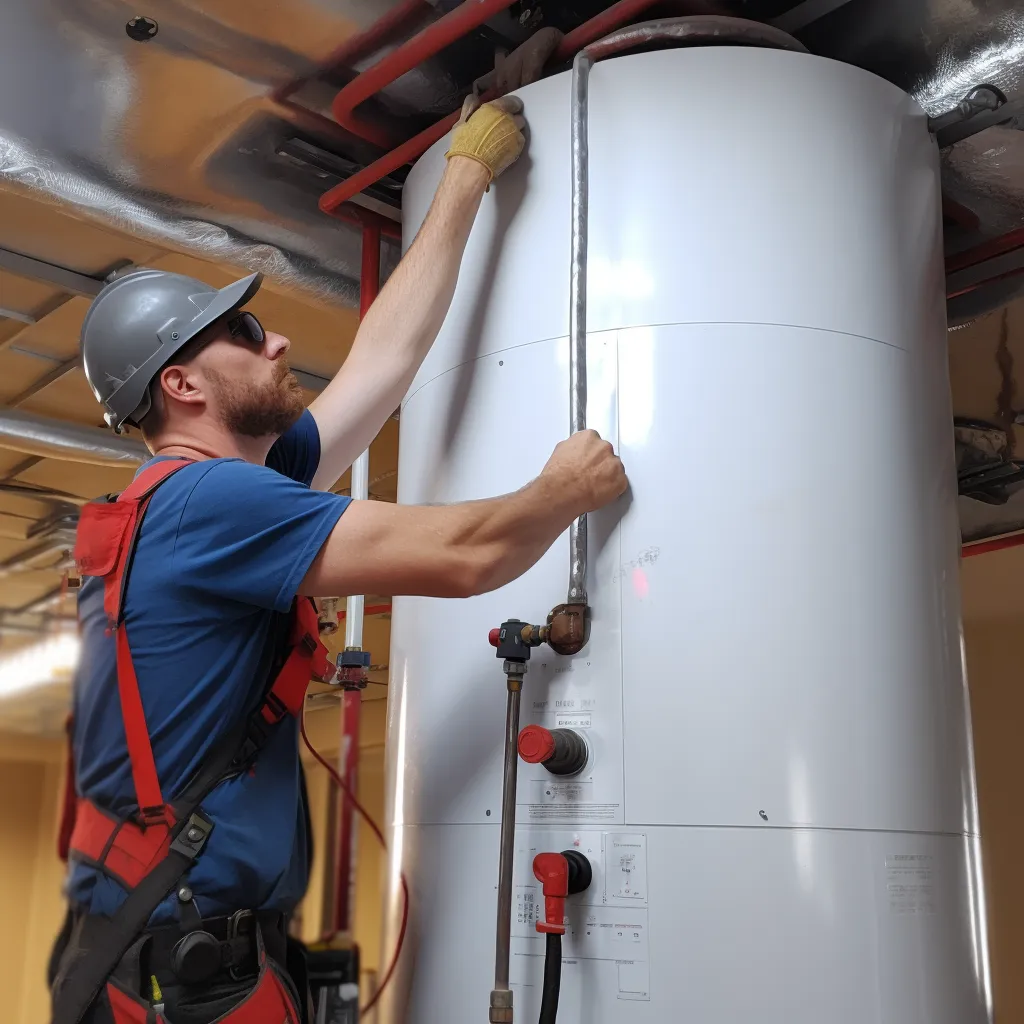
Myth #3: You get more hot water with a bigger tank
Choosing the right hot water tank is crucial for efficient usage. Many people think that a larger tank means more hot water, but that's not always the case. While big tanks can hold more water, they can also result in higher energy consumption and more expensive utility bills without actually providing extra hot water. To avoid unnecessary expenses, it's important to select a tank that meets your household's hot water requirements specifically. This way, you can ensure a sufficient supply of hot water without putting a strain on your finances.
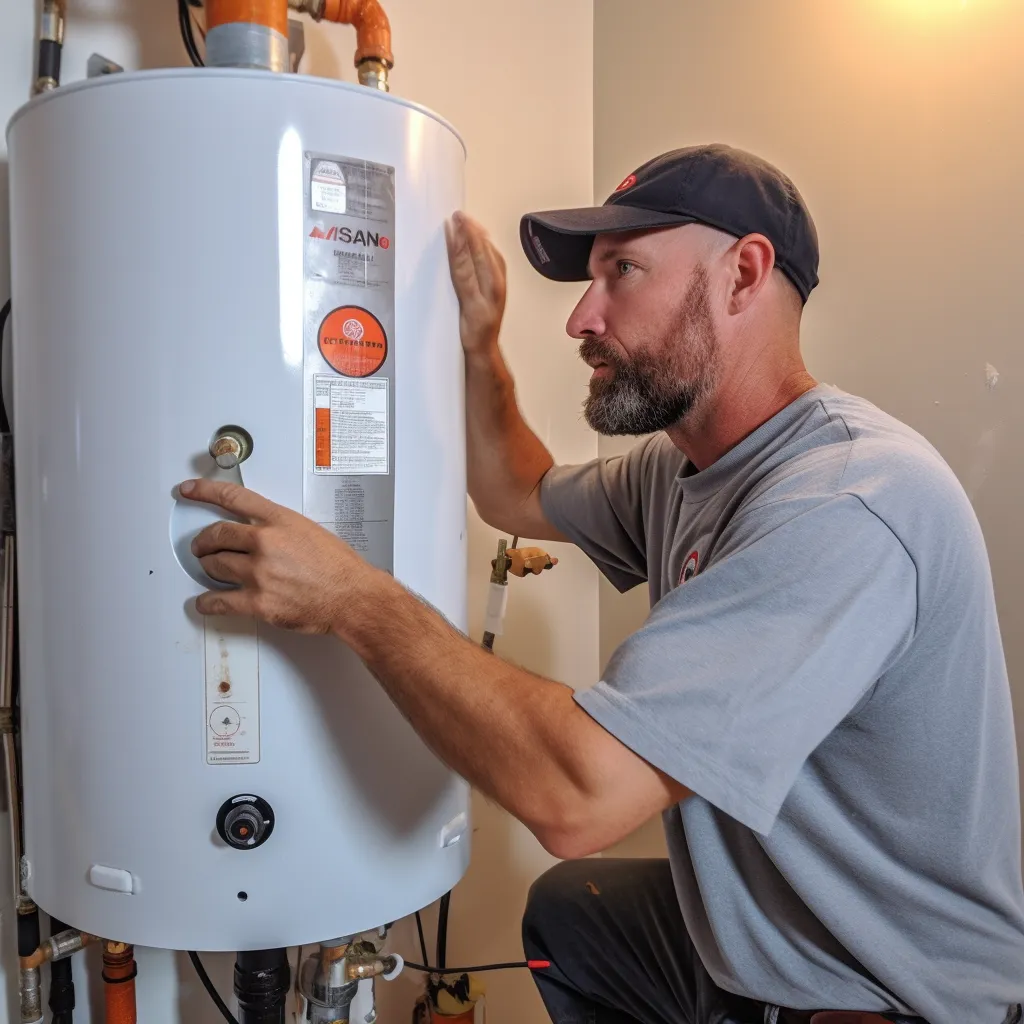
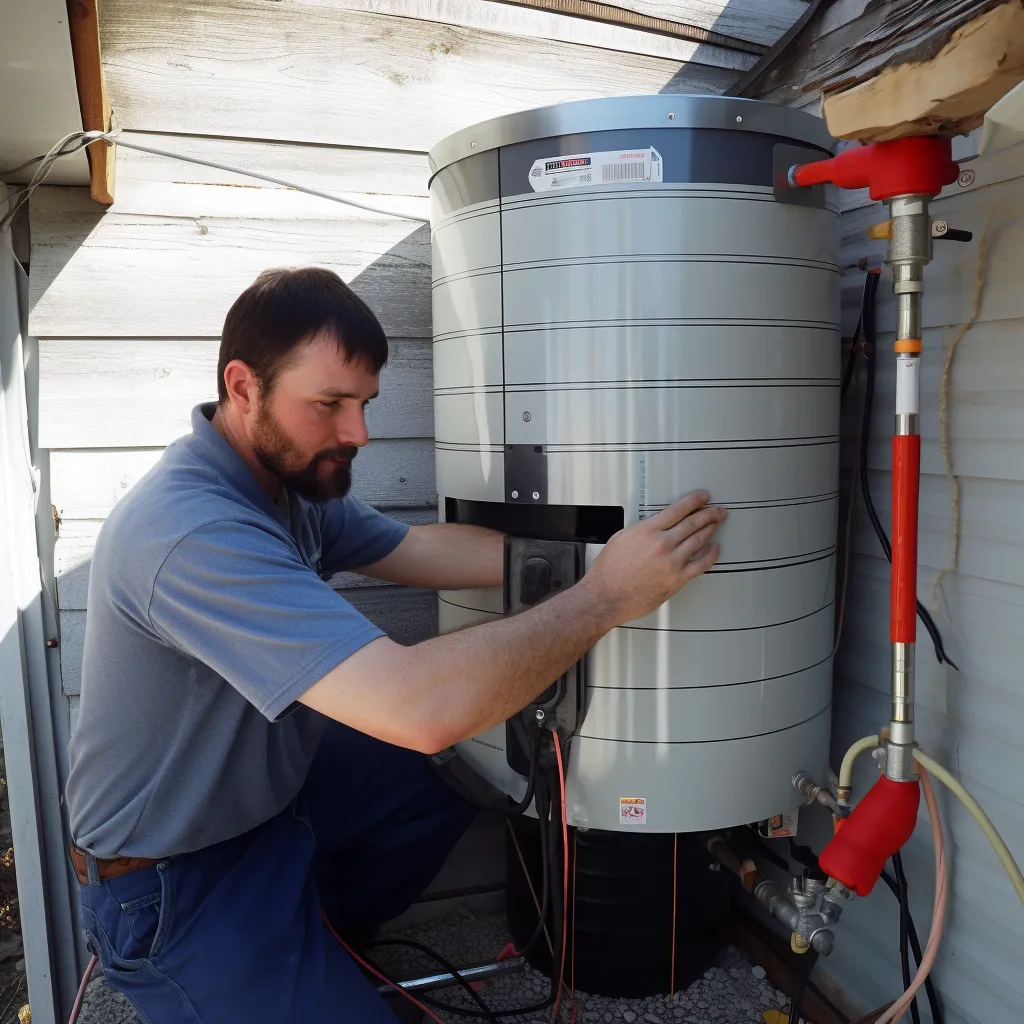
Myth #4: You can DIY when repairing or replacing
If you're having problems with your water heater, it's important to get it fixed quickly. But trying to fix it yourself can make things worse or even hurt you. It's best to hire professional water heater repair technicians who know how to handle the problem. They have the right skills and knowledge to fix it correctly.

Myth #5: Flushing water heaters isn't necessary
Flushing your water heater regularly is crucial for keeping it in tip-top shape and making it last longer. Many people think it's okay to skip this step, but that's not true! If you don't flush your water heater, sediment can build up inside the tank. This can make your water heater less efficient and even cause problems. By flushing it regularly, you can avoid sediment buildup and keep your water heater running smoothly.


Myth #6: Keeping an outdated water heater saves you money
Don't hang onto an old water heater thinking it'll save you money. In reality, outdated heaters are less efficient and prone to expensive repairs. This can result in higher energy bills and mounting expenses. Instead, it's smarter to replace your old heater with a reliable and energy-efficient model.

Myth #7: Bigger water heater tanks are more energy efficient
Despite what many people believe, choosing a larger water tank for your home might not always be the best choice for efficiency and energy savings. In truth, a bigger tank that isn't properly maintained or insulated could end up using more energy to heat the water, resulting in higher energy bills. To make sure you're using energy efficiently, it's important to find a water tank that suits your specific needs. Opting for a larger tank when you only require a small amount of hot water each day could lead to inefficiency and unnecessary energy usage.
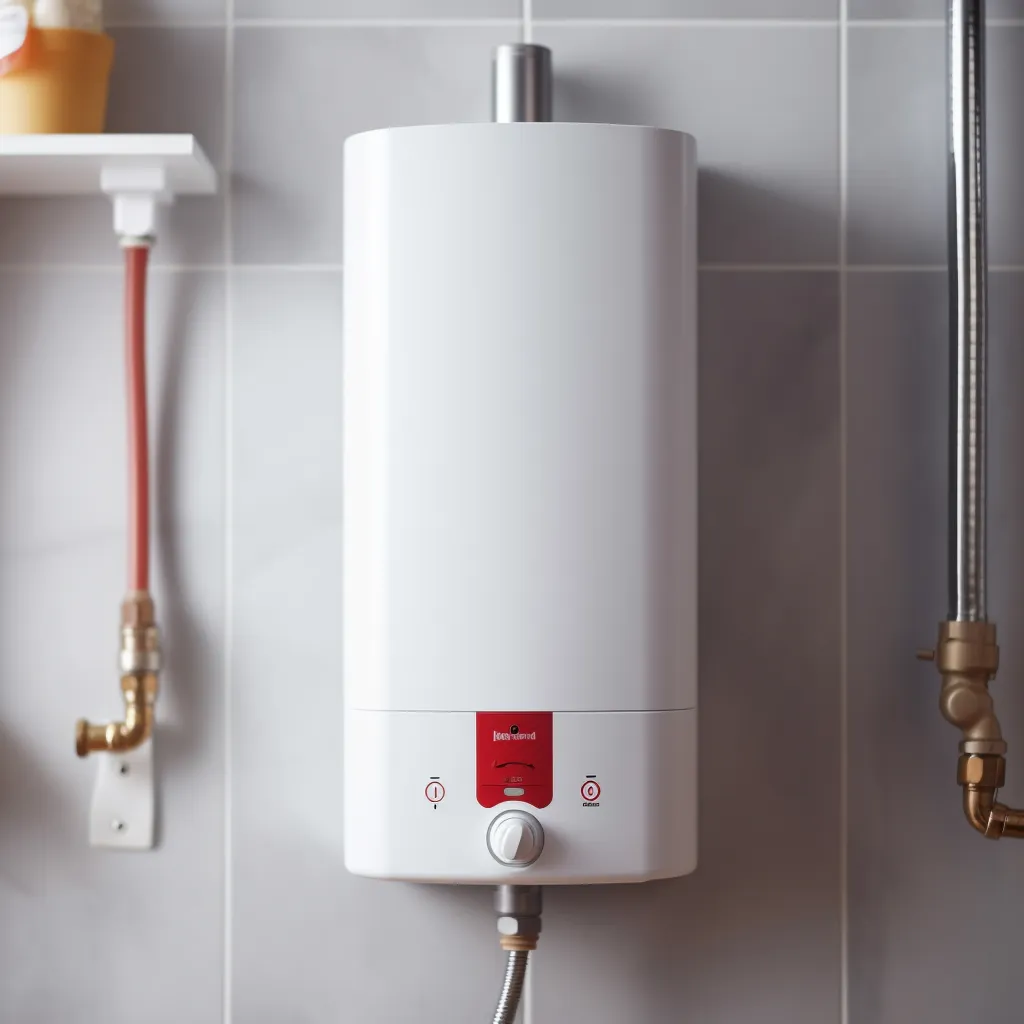
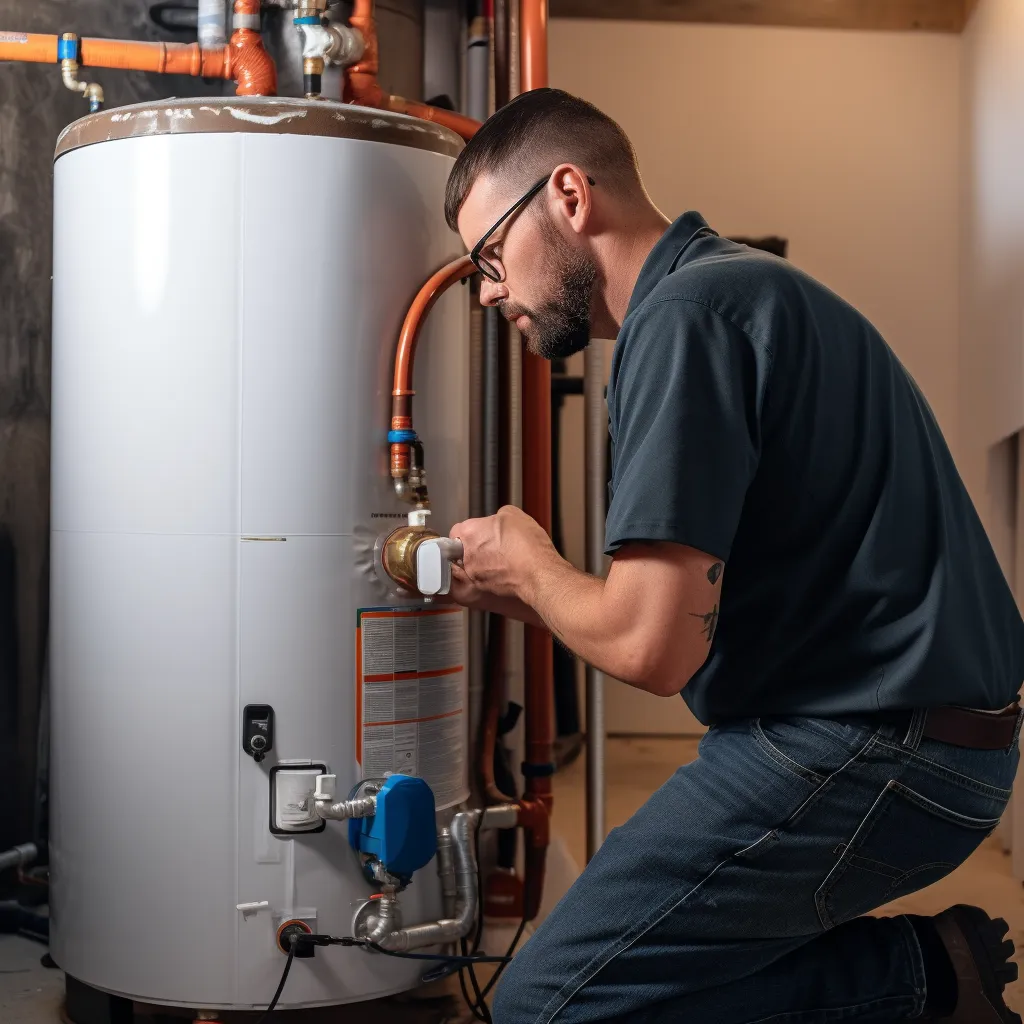
Myth # 8: There's no problem cranking up the water temperature
Raising the temperature of your water heater might appear to be a convenient fix, but it comes with its fair share of downsides. One major issue is the potential for scalding and serious burns, especially among children and older individuals. Moreover, higher water temperatures can cause mineral deposits to accumulate in pipes and appliances, which can be quite expensive to fix or replace.

Myth #9: Setting your water heater to the highest temperature is fine
Contrary to popular belief, turning your water heater to the maximum temperature doesn't guarantee fast hot water. In fact, it's a common misconception. Not only does this approach waste energy, but it also puts you at risk of getting severe burns. The truth is, most households can set their water heater to a more reasonable temperature of around 120 degrees Fahrenheit. This setting ensures you have hot water for your daily needs without compromising safety.

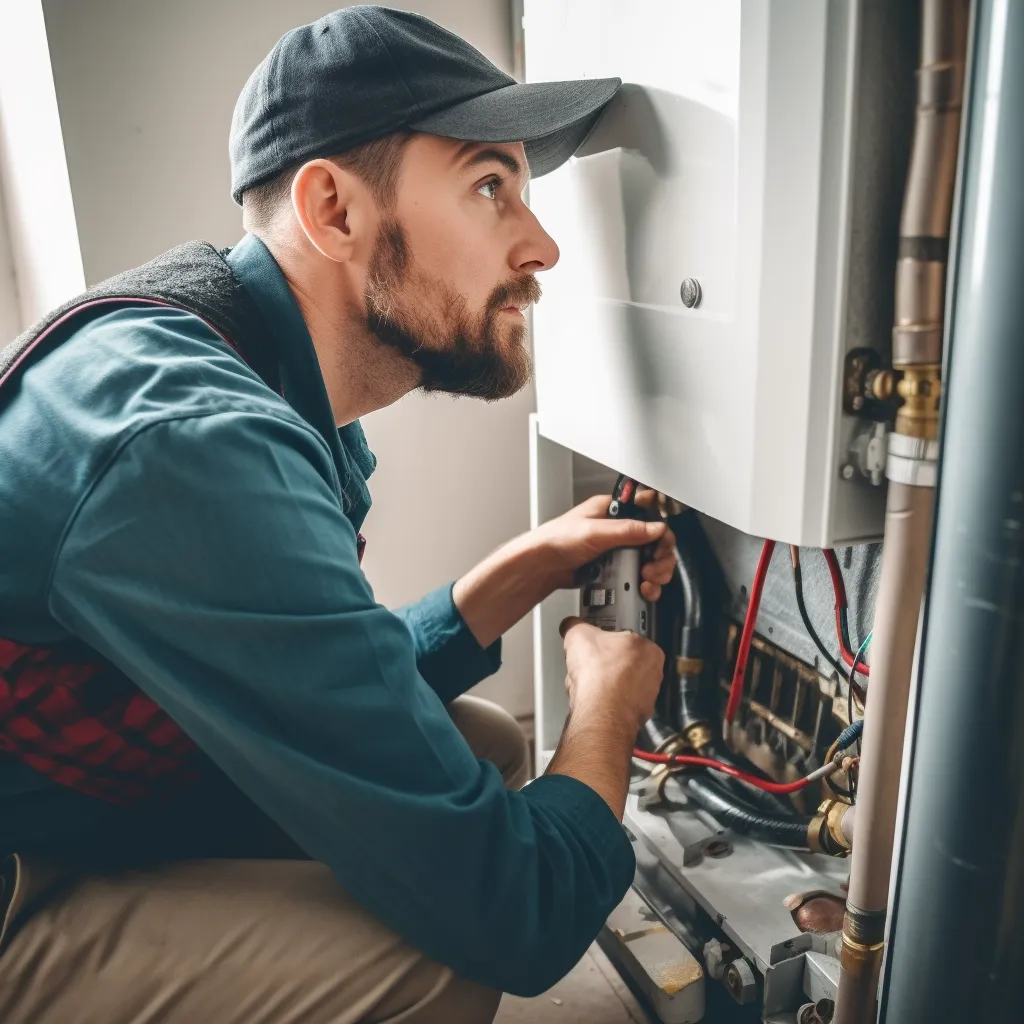
Myth #10: Water heaters aren't energy-efficient
Water heaters have come a long way in terms of energy efficiency. The latest models, like tankless water heaters, have made great strides in conserving energy. Unlike older models that keep water heated in a tank at all times, tankless water heaters heat water as you need it, resulting in less energy consumption. Additionally, these modern water heaters are equipped with features like insulation and timers to minimize heat loss and further improve energy efficiency.

Myth #11: Water heaters don't need regular maintenance
Proper maintenance is crucial for water heaters to work effectively. Failing to perform regular upkeep can result in lower efficiency, expensive repairs, or even the need for a new unit. To keep your water heater running smoothly, it's important to regularly inspect the pressure relief valve, flush the tank to get rid of sediment buildup, and verify that the thermostat is working properly.


Myth #12: You can use any type of water heater in the home
When selecting a water heater for your home, it's crucial to take into account your family size, the number of fixtures, and your budget. It's not true that any water heater will work for everyone. Different types of water heaters, like tankless ones, have specific requirements. To make sure you choose the right and economical option, it's best to seek the guidance of a professional who can evaluate your individual needs.

Myth #13: Hard water damages your water heater
Although water heater manufacturers engineer their products to resist the effects of hard water, it's essential to acknowledge that hard water can still have adverse effects on your water heater in the long run. The minerals found in hard water, like calcium and magnesium, can collect in the water heater tank and on heating elements, which can decrease efficiency and potentially lead to harm. Consistent upkeep, including tank flushing and descaling, is imperative to prevent excessive mineral accumulation.


Myth #14: Tankless water heaters are more costly
Tankless water heaters are pricier upfront than traditional storage tank water heaters. But, they offer long-term energy and cost savings, making them a valuable investment. Unlike traditional heaters that keep heating and storing water, tankless heaters only heat water when needed. This reduces energy waste and lowers monthly utility bills.
Contact Us
GET IN FULL TOUCH
PHONE: 501-222-9691
EMAIL:
joe@waterheatermaumelle.com
The Rock Plumbing
Maumelle, AR 72113
